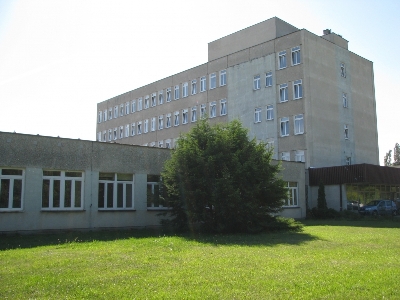Poznań Research Centre
Poznań Research Centre, Plant Breeding and Acclimatization Institute has been an internationally recognised Institute focusing on translational research in oilseed crops for more than 60 years. Oilseed rape (rapeseed, canola) is of our main interest, but we also work on poppy, linseed and white mustard.
Genetic improvement programme of oilseed rape seed quality initiated in 1961 led to development of double-low (00, low erucic low glucosinolates) oilseed rape. This revolutionary achievement improved quality of rapeseed oil and meal, therefore oilseed rape has become the most important oil crop in Poland and second important after soybean worldwide. The very low glucosinolate content was discovered in 1967 in Polish spring variety of B. napus ‘Bronowski’ (Krzymański 1968, 1970, Finlayson et al. 1973, Busch et al. 1994, Stefansson and Downey 1995), whereas low erucic acid content was selected from spring variety of B. napus ‘Liho’ (Stefansson et al. 1961, Stefansson and Hougen 1964, Stefansson and Downey 1995).
We deliver knowledge and new practices for breeding and cultivation of oilseed crops. Our areas of research integrates fundamental plant and soil science, plant pathology, biotechnology and agronomy. We deliver pre-breeding material, implement new varieties and new cultivation technologies of oilseed crops. We collaborate with industry and research institutes on the national and international level.
Our main achievements:
- • Development of biochemical methods for seed quality traits assesment
- • Genetic and genomic analysis allowed implementation of genetic markers for marker assisted selection
- • In vitro methods for interspecific crosses, development of double haploid lines derived from microspore derived embryos
- • Crop improvement programs: development of 00, yellow seeded and hybrid varieties of oilseed rape, development of low-morphine (food industry) and high-morphine (pharmaceutical industry) poppy, development of zero erucic acid white mustard, development of yellow seeded linseed.
Implementation of our research:
The improved quality seeds of oilseed rape provide oil for food or industrial purposes (biofuels) and rapeseed meal as a source of high protein and energy value for livestock.

